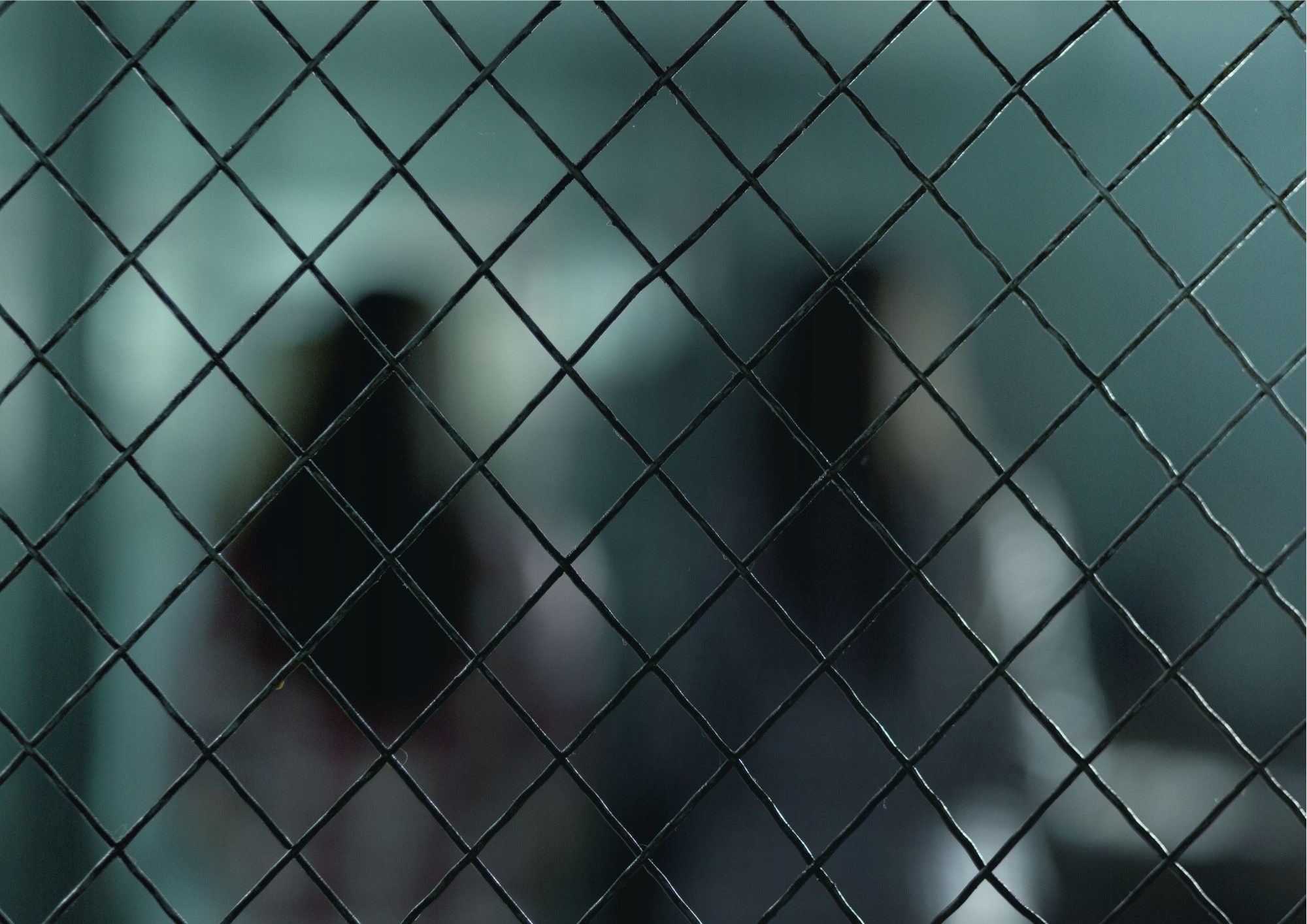Ombudswoman Tena Šimonović Einwalter, regarding the Croatian citizens detained in Greece, emphasizes:
“First and foremost, I express my condolences to the family of the young man who was killed. His death, as well as the violence we witnessed, is contrary to what sport should be and represent.
We have received letters from the families, one of which was also addressed to the Government of the Republic of Croatia and the President of the Republic of Croatia. These families are indeed in a difficult position, especially given the varying information they are receiving regarding the treatment of the detainees. The specific acts the detainees are being charged with, their motives, and the application of Greek law are matters for the court to decide. The mandate of the Ombudswoman’s institution leaves limited room for action, as this involves the conduct of the Greek authorities.
In this context, while respecting the independence and autonomy of the Greek judiciary, the actions of the Ombudswoman’s institution follow two directions: toward the Ministry of Foreign and European Affairs, with inquiries about past and planned activities to protect the rights and interests of these Croatian citizens; and toward counterpart institutions in Greece – the Ombudsman and the Greek National Commission for Human Rights – with a proposal to examine whether the detained Croatian citizens are being afforded their guaranteed rights, both in relation to court proceedings and detention conditions.
In any case, it is important that everyone has the right to a fair trial – meaning the right to a court-appointed attorney if they cannot secure their own, to be clearly informed of the charges against them, to have the opportunity to present their defense in court, to receive a reasoned court decision, including regarding detention, and to be presumed innocent until proven guilty. At the same time, all detainees must be provided with humane conditions, medical care and necessary medication, and their safety must be ensured – particularly in light of the specific circumstances of the case and the current climate in Greece. Every trial and assessment of whether someone bears responsibility for an alleged act must remain within the courtroom, not on the streets, on social media, or in the media space.”





